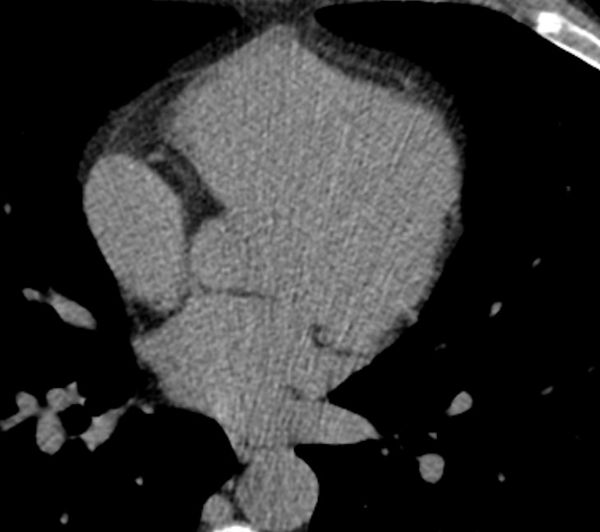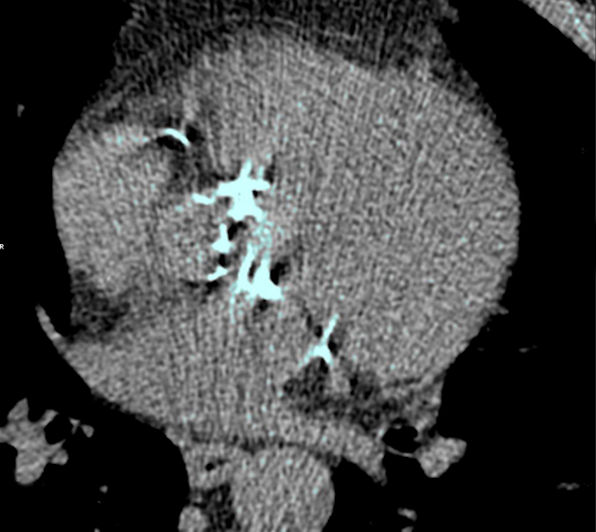Q. What is advanced cardiovascular imaging?
A. Advanced cardiovascular imaging relies on the principles of using sophisticated advanced imaging technologies — such as MRI, CT and PET — to diagnose and guide the treatment of cardiovascular disease in a safer, faster and more accurate way than in the past.
Q. Are there advantages to one technology over the other for heart disease evaluation?
A. No one size fits all. This is especially true in medicine where different people have different problems. The beauty of a program that has multiple available technologies is that we can tailor our care to the individual.
Q. Can you give me some examples of how these different technologies can be used?
A. There are several different advanced technologies that can be used to assess the function and structure of the heart:
-
Cardiac CT – Cardiac computed tomography uses X-rays with or without iodine-based contrast to gain information on the anatomical structure of the heart with a specific focus on the heart’s arteries. It is a powerful tool that can be used in preventive cardiology to diagnose heart disease in its early stages and in some cases to replace the need for more invasive studies.
-
Cardiac PET – Cardiac positron emission tomography (PET) uses X-rays and radioactive tracers to capture images of the heart in three dimensions, helping to diagnose areas where blood flow through the heart might be impeded, as well as heart tissue that is injured or dead as a consequence of coronary artery disease (CAD). Advanced “stress testing” can be done using this technology.
-
Cardiac MRI – Unlike CT and PET, cardiac magnetic resonance imaging (MRI) uses high-powered magnets rather than X-rays to generate highly detailed still and moving images of the heart. Cardiac MRI has revolutionized our ability to look at the heart valves, heart function and structure and care for people after a heart attack. At Tanner, we are pioneering methods to further expand on the role of cardiac MRI in the care of our heart patients.
-
Cardiac CT calcium scoring - Also called coronary calcium scoring, a cardiac CT calcium score scan utilizes computed tomography (a CT or CAT scan) to determine if you have calcification in your coronary arteries and, if so, how much. A negative cardiac calcium score means you do not have calcification. A positive score means you may need more diagnostic tests or interventions to prevent a potentially serious heart attack or heart disease.
Calcium Score NEGATIVE

Calcium Score POSITIVE

Q. What is the benefit of having access to technologies such as these in our community?
A. By bringing advanced imaging technologies — which have traditionally resided in a university setting — to our community, we are able to combine the strengths of community level care without compromising quality.
At Tanner, you can receive a coronary CT for calcium scoring screening in Carrollton, Villa Rica, Bremen or Wedowee, Alabama, for just $99. Take our heart disease risk factor quiz to find out if you could benefit from a coronary CT calcium score scan.
Tanner Heart & Vascular Specialists, a Tanner Medical Group practice, has locations in Bremen, Carrollton, Villa Rica and Wedowee. For more information, visit HeartAndVascularSpecialists.org or call 770-812-9326.